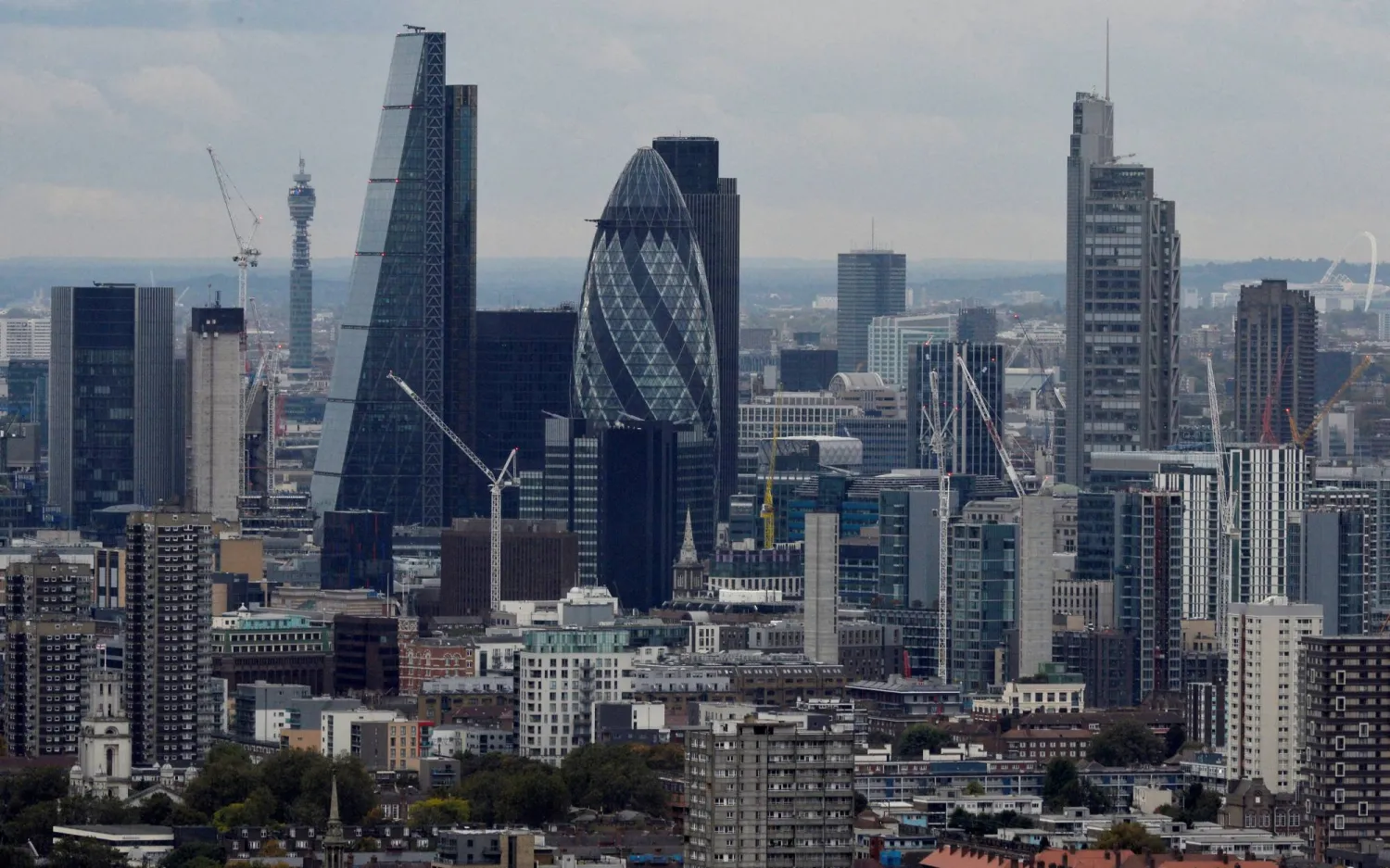The Economic and Social Committee of the Saudi Arabia-UK Strategic Partnership Council held its third meeting in London, headed by Saudi Minister of Commerce, Dr. Majid bin Abdullah Al-Qasabi, and UK Secretary of State for the Department for Energy Security and Net Zero, Grant Shapps.
The meeting discussed improving bilateral relations and enhancing cooperation in fields agreed upon in the Strategic Partnership, in addition to highlighting the significant economic and social progress recognized since the launch of the Saudi Vision 2030.
It also reaffirmed the continuous commitment to support the goals of the vision and the Saudi program for economic diversification, in addition to working to develop trade and investment between the two kingdoms.
The Saudi-UK Strategic Partnership Council seeks to boost economic relations in several fields, mainly financial services, especially FinTech (financial technology), open banking, green finance, and priority investment sectors.
It also aims at strengthening educational partnerships, cooperation in health care (including preparedness for epidemics) and health technology, and the general development of the entire healthcare system.
This comes in addition to cooperation in carbon capture, utilization and storage, hydrogen production, renewable energy sources, space, mining, pharmaceuticals, and aviation, and partnerships in the film, heritage, arts, tourism, and entertainment sectors.
The Economic and Social Committee held its first meeting in Jeddah in 2019.









